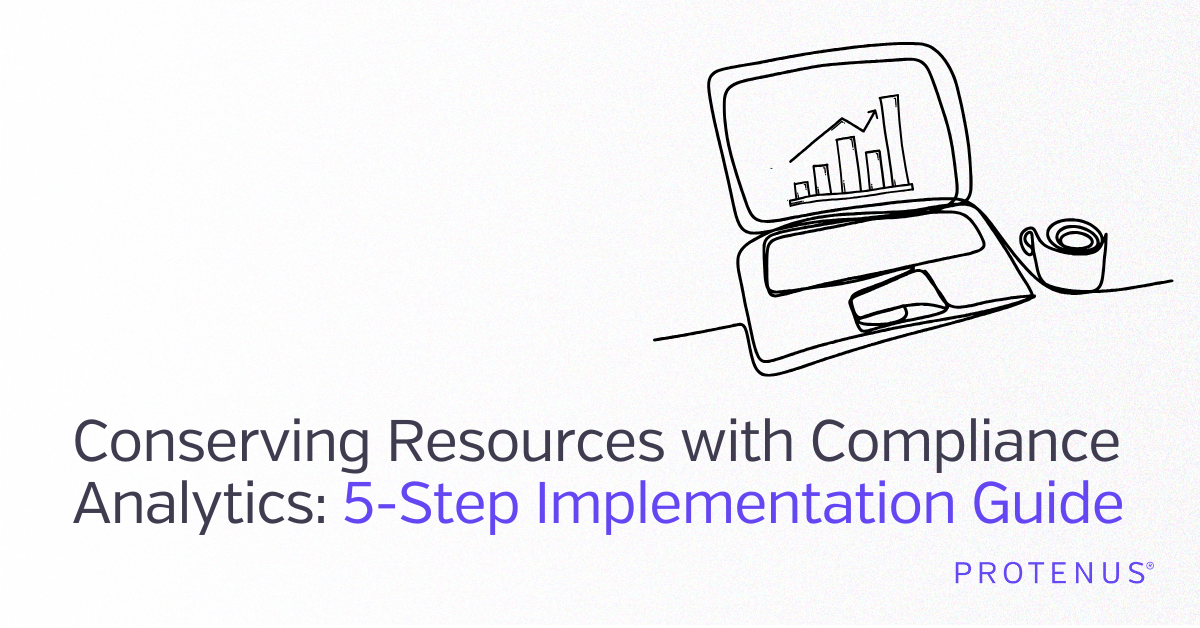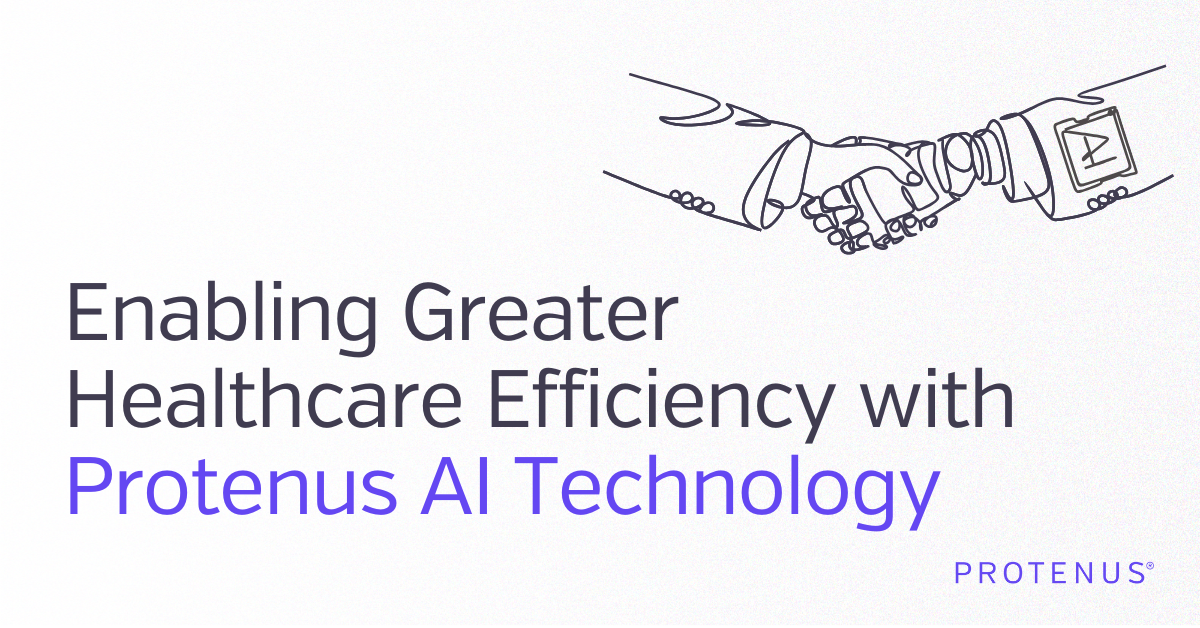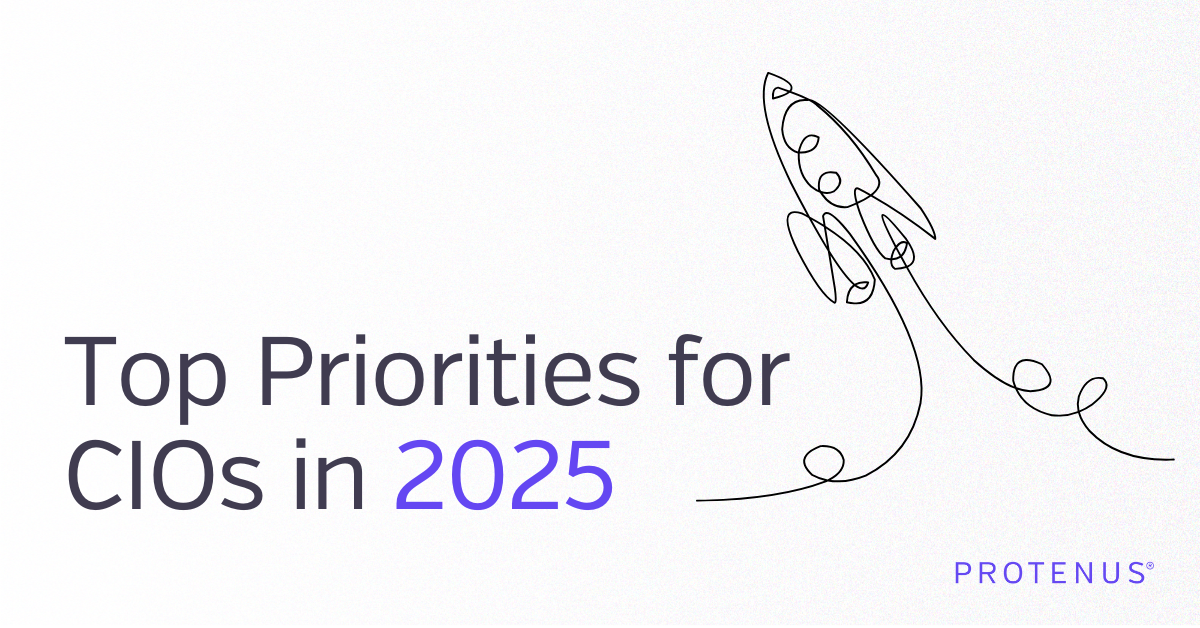Share this

Utilizing Drug Diversion Monitoring Technology: Enhancing Efficiency without Adding Resources
by Michelle Del Guercio on October 27, 2023
As hospitals and healthcare organizations strive to optimize their operations, the challenge of managing drug diversion looms large. Many fear that implementing a new drug diversion monitoring solution, especially one involving artificial intelligence (AI), will only increase the burden on resources rather than alleviate it. However, by adopting the right AI technology, healthcare facilities can monitor and detect drug diversion more efficiently and effectively without overwhelming their staff. In this blog post, we will explore how leveraging drug diversion monitoring technology can help hospitals, including IT departments, do more with less, while highlighting the risks associated with manual processes in healthcare compliance.
The Risks of Neglecting Drug Diversion Monitoring
An estimatedone in 100 healthcare workers divert drugs. Diversion often occurs quietly or under the radar, and many hospital leaders are unaware it’s occurring until it becomes a much larger problem. Unknown or delayed identification of diversion events can have severe consequences for a healthcare organization. Let's take a closer look at some of the risks involved:
Regulatory and Compliance Issues
Manual, retroactive processes used to monitor for drug diversion are prone to human error and oversight. Without proper monitoring systems in place, there is an increased risk of non-compliance with regulations and internal policies. This can lead to DEA fines, legal consequences, and even loss of licensure.
Financial and Reputational Damage
Instances of drug diversion can result in financial losses for healthcare institutions. Stolen medications and wasted resources due to improper handling directly impact the bottom line. Moreover, news of drug diversion events can erode public trust in the organization's ability to provide safe and reliable care.
Patient and Employee Safety Issues
Drug diversion jeopardizes both patient and workforce well-being and safety within healthcare settings. Patients may suffer from inadequate pain management or compromised treatment outcomes due to missing or tampered medications. Additionally, healthcare professionals working in an environment plagued by drug diversion face increased risks, as well as stress and potential burnout.
Leveraging AI for Efficient and Effective Drug Diversion Monitoring
Now that we understand the risks associated with neglecting drug diversion monitoring, let's explore how implementing AI technology can address these concerns without burdening hospital resources further.
The Timeline
A typical implementation timeline for a comprehensive diversion monitoring solution is 10-12 weeks. During this time, resources from the vendor and customer work through data feeds, configurations, integration testing (including SSO), loading of historical data, and finally training. Once implementation is complete and the system is in use, the system continues to learn from case review investigation input - ensuring accuracy and continued efficiency to support future investigations.
Automated Data Review
AI-powered drug diversion monitoring systems can analyze vast amounts of data, such as medication dispensing records, electronic health records, and employee access logs. By continuously processing this information, AI algorithms can rapidly identify concerning patterns indicative of diversion. Simply put, AI technology automatically completes the most burdensome, time-intensive task otherwise done manually by your team, freeing up valuable time and resources for other key initiatives.
Minimizing Manual Workload
One of the primary concerns when adopting new technology is the added strain it may place on already stretched hospital and IT staff. However, AI-driven drug diversion monitoring solutions aim to reduce manual workload rather than increase it. By automating the data review process, healthcare professionals can focus their attention where it matters most; investigating potential diversion events and implementing appropriate interventions.
Protenus Diversion Analytics has helped fix a lot of bad practices and has given us a degree of trust in the diversion work that has been going on. There is a lot of information in the solution that is helpful. For example, the way the system presents information makes the information easy to interpret. We get more buy-in when we present the information from Protenus' system to our leaders. The tool is great in procedural areas, and it is really good for my own personal workflow.”
- Manager, May 2023 KLAS Survey*
Enhancing Accuracy and Efficiency
By leveraging AI-driven algorithms and advanced analytics, drug diversion monitoring systems significantly improve the accuracy of detecting concerning behaviors compared to manual processes. The ability to assess nearly all medication transactions and detect subtle patterns that evade human observation enables early identification of potential diversion events. Prompt notification of such concerns allows for rapid intervention, minimizing the risk to patients, preventing financial losses, and safeguarding the reputation of healthcare organizations.
In conclusion, the right technology is an added benefit, not a burden.
Implementing effective drug diversion monitoring technology is critical for hospitals aiming to optimize operations while protecting patient safety and compliance. The risks associated with manual processes far outweigh any concerns about resource allocation. By embracing AI-driven solutions such as Protenus Drug Diversion Surveillance, healthcare organizations can enhance efficiency, minimize the burden on staff, and ensure a safe environment for both patients and employees.
Share this
- December 1, 2024 (3)
- November 1, 2024 (1)
- October 1, 2024 (2)
- September 1, 2024 (1)
- August 1, 2024 (1)
- July 1, 2024 (1)
- June 1, 2024 (1)
- May 1, 2024 (1)
- March 1, 2024 (2)
- February 1, 2024 (3)
- January 1, 2024 (1)
- December 1, 2023 (1)
- November 1, 2023 (3)
- October 1, 2023 (3)
- September 1, 2023 (1)
- August 1, 2023 (1)
- July 1, 2023 (2)
- April 1, 2023 (1)
- March 1, 2023 (1)
- February 1, 2023 (1)
- December 1, 2022 (3)
- November 1, 2022 (3)
- October 1, 2022 (1)
- September 1, 2022 (1)
- August 1, 2022 (2)
- June 1, 2022 (4)
- May 1, 2022 (5)
- April 1, 2022 (1)
- March 1, 2022 (4)
- February 1, 2022 (3)
- November 1, 2021 (2)
- October 1, 2021 (3)
- September 1, 2021 (3)
- August 1, 2021 (3)
- July 1, 2021 (4)
- June 1, 2021 (2)
- May 1, 2021 (2)
- April 1, 2021 (2)
- March 1, 2021 (5)
- February 1, 2021 (1)
- January 1, 2021 (1)
- December 1, 2020 (1)
- November 1, 2020 (2)
- October 1, 2020 (2)
- September 1, 2020 (3)
- August 1, 2020 (2)
- July 1, 2020 (2)
- June 1, 2020 (6)
- May 1, 2020 (3)
- April 1, 2020 (4)
- March 1, 2020 (2)
- February 1, 2020 (4)
- January 1, 2020 (2)
- December 1, 2019 (2)
- November 1, 2019 (1)
- October 1, 2019 (1)
- September 1, 2019 (1)
- August 1, 2019 (1)
- June 1, 2019 (1)
- April 1, 2019 (1)
- February 1, 2019 (1)
- January 1, 2019 (1)
- December 1, 2018 (2)
- November 1, 2018 (2)
- October 1, 2018 (2)
- September 1, 2018 (3)
- August 1, 2018 (1)
- July 1, 2018 (2)
- June 1, 2018 (2)
- May 1, 2018 (1)
- April 1, 2018 (1)
- March 1, 2018 (2)
- February 1, 2018 (6)
- January 1, 2018 (2)
- September 1, 2017 (2)
- August 1, 2017 (2)
- June 1, 2017 (2)
- May 1, 2017 (1)
- April 1, 2017 (1)
- March 1, 2017 (2)
- February 1, 2017 (5)
- January 1, 2017 (2)
- December 1, 2016 (3)
- November 1, 2016 (5)
- October 1, 2016 (4)
- September 1, 2016 (8)
- August 1, 2016 (4)
- July 1, 2016 (4)
Subscribe by email
You May Also Like

Conserving Resources with Compliance Analytics: A 5-Step Implementation Guide

Enabling Greater Healthcare Efficiency with Protenus AI Technology

.png?width=1000&height=140&name=Bluesight%20%2B%20Protenus%20Logo%20%20(1).png)
